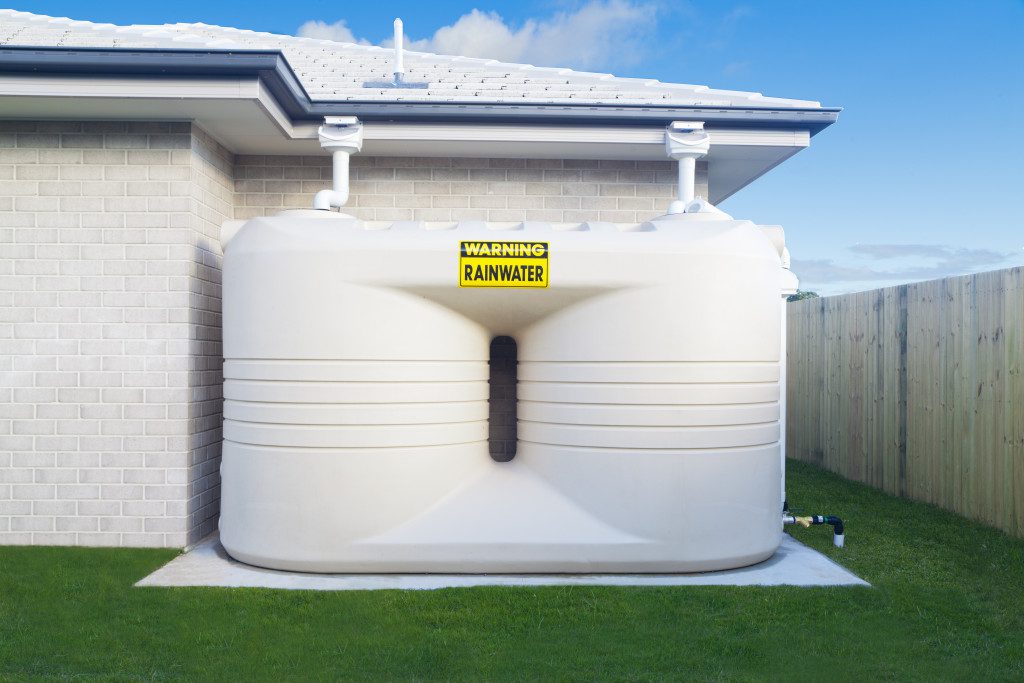- Sustainable property management can create a positive environmental impact and maintain profitability through waste reduction and recycling.
- Cost-effective solutions like energy-efficient appliances, insulation, and resident engagement can enhance sustainability.
- Partnering with eco-friendly businesses and implementing water conservation methods can further boost property sustainability.
- Hiring a property management company specializing in sustainability can facilitate the integration of these practices and balance profitability.
The world is more environmentally conscious than ever, and industries are following suit. Property management is no different. Aspiring entrepreneurs and startups seeking to make a difference in the real estate sector can significantly impact by integrating sustainable practices into their business from day one. In doing so, they can make a positive impact on the environment while still maintaining profitability. This blog post explores how sustainable property management practices can strike a balance.
Reduce, Reuse, Recycle
One of the easiest and most effective ways to increase sustainability in property management is to incorporate the 3 R’s into your operations. Implement a waste management system that emphasizes recycling and composting. Use recycled materials when building or renovating and encourage residents to reuse and recycle. Not only will this reduce your environmental impact, but it will also reduce waste management costs, leading to increased profitability. Here are some factors to consider before incorporating 3 R’s:
Cost-Effective Solutions
When considering sustainability, one must also look at cost-effective solutions. This doesn’t mean going for the cheapest options but investing in systems and technologies that will bring long-term benefits and savings.
For instance, implementing energy-efficient appliances and lighting can significantly reduce energy consumption and lower utility bills. A well-insulated property can also save on heating and cooling expenses. These sustainable practices might require a higher initial investment, but the long-term savings and environmental benefits make them a worthwhile choice for property managers.
Resident Engagement
Promoting sustainability within your property isn’t a solo effort—it requires active engagement from your residents. Encourage them to participate in green initiatives such as composting, recycling, and energy conservation.
By offering educational programs, workshops, or newsletters, you can inform them about the significance of these practices and how their active participation can make a substantial difference. A sense of community responsibility can be a powerful motivator, leading to a more sustainable living environment and a strong sense of camaraderie among residents.
Partnering with Sustainable Businesses
Forming partnerships with other sustainability-focused businesses can amplify your efforts and foster a broader culture of environmental consciousness. Look for companies in your local area that provide eco-friendly products or services that could enhance your property’s sustainability.
This could include local organic food providers, renewable energy companies, or recycling facilities. When your business supports and collaborates with other green businesses, it boosts your property’s sustainability and contributes to the larger green economy.

Water Conservation
Water conservation is another crucial aspect of sustainable property management. Implementing low-flow toilets and showerheads, fixing leaks promptly, and utilizing drought-resistant plants for landscaping are just a few ways to reduce water consumption. This benefits the environment and reduces water bills, leading to increased profitability. Here are other ways to reduce water consumption:
Rainwater Harvesting
Collecting and storing rainwater for irrigation or other non-potable uses can significantly decrease reliance on municipal water supplies. This not only conserves a precious resource but also reduces utility costs.
Xeriscaping
Xeriscaping is a landscaping method that involves using drought-resistant plants, mulch, and efficient irrigation systems to reduce water usage. It not only saves water but also eliminates the need for excessive lawn maintenance, which can be costly and time-consuming.
Greywater Recycling
Greywater, or lightly used household wastewater from sinks, showers, and washing machines, can be recycled for irrigation. By implementing greywater recycling systems, property managers can reduce their reliance on freshwater while minimizing wastewater disposal costs.

Hire a Property Management Company
A reliable property management company can ease the process of integrating sustainable practices into your property business. Many property management companies today specialize in efficient executive property management, offering expertise in sustainability and cost-saving strategies.
These companies can conduct an in-depth property analysis and recommend various sustainable and profitable measures aligned with your business goals. Property owners can effectively balance their environmental responsibilities and pursuit of profitability by leveraging their professional insights.
Furthermore, property management companies can handle resident education and engagement, waste management, and other day-to-day operations, ensuring the smooth implementation of sustainable practices. This reduces the burden on property owners and ensures that sustainability remains a top priority in all aspects of property management.
Incorporating sustainable practices into property management operations is vital for reducing environmental impact. However, it can also lead to increased profitability. By implementing energy-efficient measures, reducing waste through the 3 R’s, saving water, implementing green lease agreements, and educating and engaging employees and residents, aspiring entrepreneurs and startups can create a sustainable business model that is both good for the planet and profitable. By combining environmental responsibility with a profitable business model, the real estate sector can significantly impact the planet.


